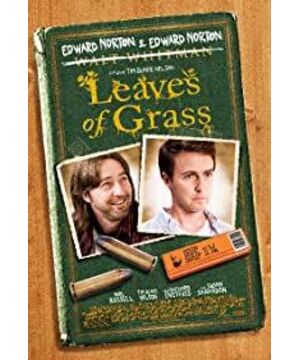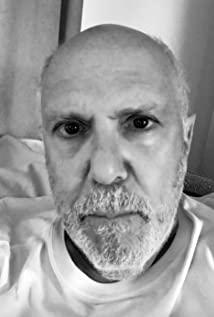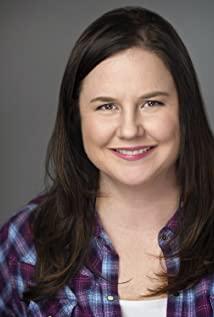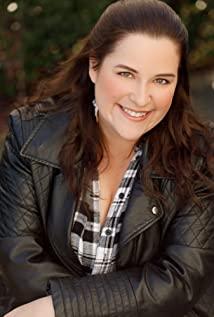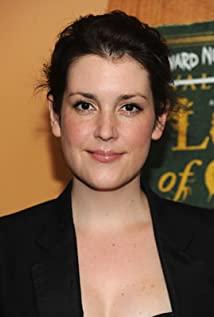Professor Kincaid in his life is indeed strictly enforcing his own beliefs. He threw himself into academics, and sternly refused to give up to the young female student, and the negative influence of his mother, his twin brother Brady, who grew up marijuana for a living away from his hometown and small town. Harvard Law School also threw him an olive branch diligently, and the prosperous Professor Kincaid is sitting at the peak of the balance of a happy life! But according to the classical theory he followed, the next step was for him to dive downhill and prepare to embrace destruction.
It was none other than Brady, the younger brother who developed the seventh generation of high-quality cannabis in soilless hydroponics. This fellow Bill's identical twin is the exact opposite of rationality. He does things without considering the consequences, and is a man of temperament; he does not take the initiative to innovate in the academic circles, but he does not take the initiative to innovate in the academic circle. , sleeping on a waterbed, listening to old vinyl records; he felt daring to do it, and even tried to convince his future wife to have a threesome with her best girlfriend! Such a younger brother gave Bill a splitting headache; but his brief visit to his home town in Oklahoma was not a complete mess, and in addition to the sensual madness that Brady displayed, he also encountered the beauty of sensibility—the middle school teacher , the poet Janet.
Janet recited Whitman's "Leaves of Grass" to Bill, and she regarded the true feelings of freedom and flying as more important than the conventional rhythms and regulations. Her answer to Bill's "what is real" is also her ultimate tribute to "Leaves of Grass":
that night
I twisted my jagged skin and
devoured your blades of grass
in the blind darkness of larvae
I know that
there is no poison and no nourishment of love,
only hunger is the ultimate truth
. Janet and Bill's different attitudes towards the same problem are also the biggest difference between sensibility and reason. For pedant Bill, the golden rule summed up by the ancient sages depicts the only image of "truth", which is the result of rigorous logical reasoning, and is a high-level generalization and summary that is universally applicable. Reality is abstract, transparent, clear and profound. But the poet Janet doesn't think so, saying, "Maybe the truth is in front of us, and we are approaching it, but we don't know where it is; but once you think you know everything, what's the point of the rest ?" This is similar to Brady's interpretation of "God": man and God are two parallel lines that never intersect, and even if people in reality understand God and work hard, they will never reach the height of God. Possibly control everything.
In contrast to Bill's abstract thinking, the sensuous Janet seeks truth in the details. She doesn't summarize the rules, she uses the hungry image of larvae devouring blades of grass to reproduce reality. She doesn't shy away from life either. This girl who catches fish with her bare hands allows herself to be integrated into the real nature bit by bit, delicately feeling the water flow, flowers and plants, and the people and things around her. Janet and Bill are excellent two poles of human thinking, one is strict self-discipline, diligent and diligent; the other is open heart and free breathing. When the two poles face each other and collide, the sparks are extremely gorgeous.
The other side of sensibility is Brady, who Bill calls "criminal and super bad guy". But it was this guy who never feared life, threatened his own life and others' lives, and acted on his own feelings, that finally made Bill understand that the happiest and freest moments in his life all came from that sibling relationship. From the heart, not the brain.
Interspersed with Bill Brady's contradictory and complicated brotherhood is the small Jewish community of Tulsa, Oklahoma, the philanthropist marijuana dealer who has devoted all his support to the Israeli government, and the madness that the clinic can't open. Dentists, and school scandals that are getting worse. Director Tim Blake Nelson presents these chaotic but interconnected small worlds on the screen, allowing Bill to move from rationality to emotional exploration while taking the audience from order to disorder. A new understanding and experience of the reality of life between the tragedies.
In the end, in the repeated opposition, collision and unity of reason and sensibility, what is finally inspired is the "weakness of human nature" - emotion; but it is this irrational, chaotic and inexplicable element that Finally, it helps us find a fulcrum in these fragmented worlds, so that we no longer need to avoid fearfully, abandon in anger, or sink into decadence; instead, we need to repair little by little and change inch by inch, so that we can be rational and rational. Between thinking and perceptual cognition, we can always muster courage, adhere to beliefs, and take care of our thoughts, so that we can always see the poetic and green hope.
- "Where there is soil and where there is water, grass grows."
View more about Leaves of Grass reviews


